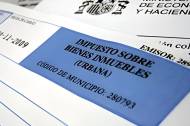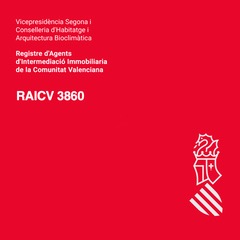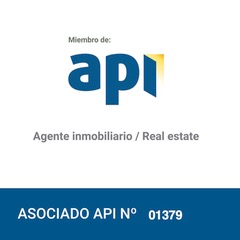
Taxes on Owning a Property on the Costa Blanca – What You Need to Know
The Costa Blanca is the ideal region for those dreaming of owning a property in Spain. Whether you plan to buy a home in Spain and live there permanently or purchase a holiday home, it's important to know which taxes you need to pay.
In this blog, we provide a comprehensive overview of the taxes and costs associated with buying and owning real estate in Spain, focusing on the Costa Blanca!
Essential Information on Taxes and Costs When Buying a Home on the Costa Blanca
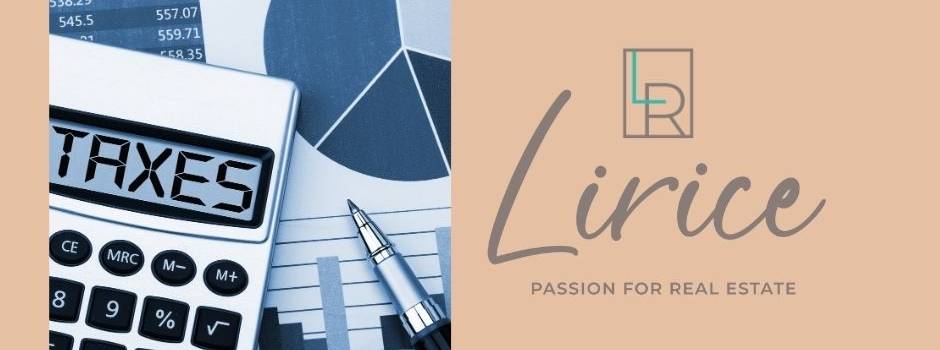
1. Property Tax (IBI) – Municipal Tax via SUMA
IBI (Impuesto sobre Bienes Inmuebles) is an annual tax that every property owner pays, regardless of whether you live permanently in Spain or use your home as a second residence.
- What is IBI?
This is a tax based on the cadastral value of your home. The amount varies by municipality. - How and where do you pay IBI?
Payment is made through SUMA, the local tax office. You can pay via direct debit, online, or at a SUMA office.
2. Personal Taxes for Residents and Non-Residents
Whether you want to buy a home in Spain and live there permanently or not, you are required to pay personal taxes on your property.
- Residents (IRPF):
If you are a resident of Spain, you pay income tax (IRPF) on your worldwide income, including rental income. If you do not rent out your home, you do not have to pay additional tax, except for IBI. - Non-Residents (IRNR):
As a non-resident, you pay an annual non-resident tax (IRNR). This also applies if you do not rent out the property.- Non-Rented: You pay tax on a percentage (usually 1.1% or 2%) of the cadastral value, at a rate of 19% (EU residents) or 24% (non-EU residents).
- Rented: You pay tax on the rental income. EU residents can deduct certain costs, non-EU residents cannot.
The declaration is made via Modelo 210, to be submitted via a tax advisor or directly at the tax office.
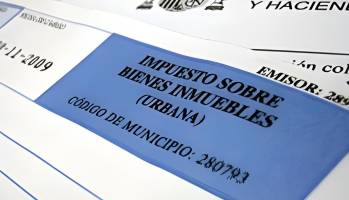
3. Municipal Waste Tax (Tasa de Basura)
Each municipality levies a separate tax for the collection and processing of household waste.
- How much does it cost?
This amount varies by municipality and can vary annually. It is often billed together with the IBI or as a separate tax.
4. Wealth Tax (Impuesto sobre el Patrimonio)
If your wealth exceeds a certain threshold, you must pay wealth tax in Spain.
- Who pays it?
- Residents: On their worldwide assets, with an exemption up to €700,000 (plus €300,000 for the value of the main home).
- Non-Residents: Only on assets in Spain, with the same exemption thresholds.
- How much does it cost?
Between 0.2% and 3.5%, depending on the value of your assets.
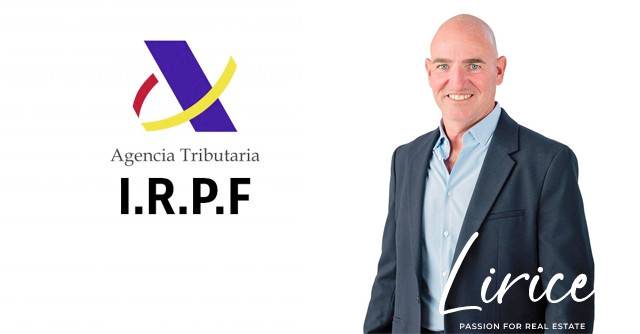
5. Transfer Tax and VAT When Buying a Home
When buying a home, you pay a one-time transfer tax or VAT.
- New Build:
You pay 10% VAT (IVA) and stamp duty (AJD) of approximately 1-1.5%. - Existing Homes:
For existing homes, you pay transfer tax (ITP), which varies between 6% and 10%, depending on the region.
6. Plusvalía Municipal – Capital Gains Tax on Sale
When you sell your home, you pay the Plusvalía Municipal.
- What is it?
This is a municipal tax based on the increase in the value of the land since the purchase. The amount depends on the period you have owned the property and its location.

7. Community Fees in Urbanizations
If your home is part of an urbanization or apartment complex, you also pay community fees to the Comunidad de Propietarios.
- What is funded with this?
Maintenance of swimming pools, gardens, elevators, cleaning, and other common facilities.
8. Mortgage-Related Costs
When taking out a mortgage, there are additional costs:
- Registration and Notary Fees: For registering the mortgage.
- Mortgage Tax: Depending on the region.
9. Energy Tax and Water Levies
As a property owner in Spain, you also pay for utilities.
- Electricity Tax: A small percentage added to your energy bill.
- Water Levies: Regional and municipal surcharges may apply.
How do you manage all these taxes?
Paying taxes and filing returns can be complicated. Here are some tips:
- Hire a tax advisor: They help you correctly file all taxes, such as IRNR and Modelo 210.
- Set up direct debits: Especially useful for annual taxes like IBI and waste tax.
- Check your documents regularly: Keep cadastral values and payments up to date to avoid problems.

Conclusion: Be Prepared for Your Tax Obligations
Buying and owning a home on the Costa Blanca is a great investment, but it also comes with tax obligations. By being well-informed and getting the right support, you can enjoy your dream home on this beautiful coast worry-free.
Do you have questions about taxes or need help managing your financial obligations in Spain? Contact us for professional advice!

taxes when buying a house in spain















